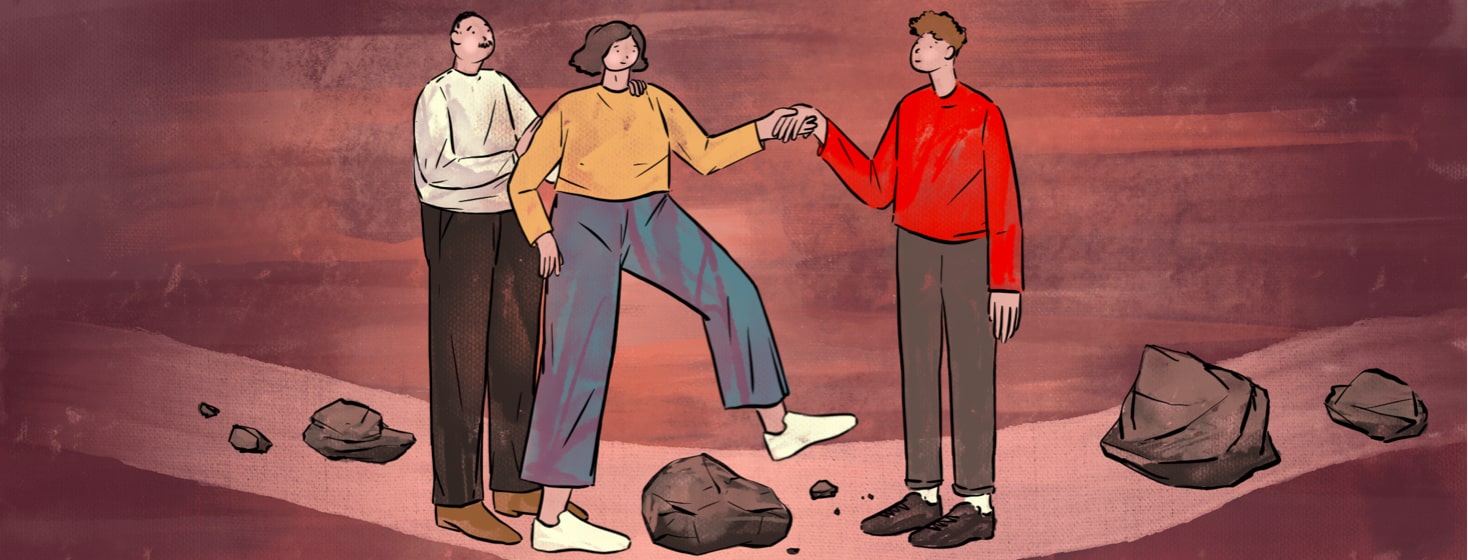What I Learned From My Alzheimer's Diagnosis
My son and husband were with me when I got the diagnosis of Alzheimer’s disease. After the neurologist told us, she left the room to give us a few minutes to take it all in. I wasn’t surprised, I was actually relieved. I had been having so many problems, and I was afraid they were going to tell me that all my tests came back normal. Then what would I do? I was relieved because I finally had a name attached to the symptoms I was experiencing.
How my family viewed my diagnosis
After the diagnosis, we could finally see what we were dealing with and how we were going to deal with it ourselves. However, my son and husband looked at it very differently.
My then 18-year-old son looked at it as if his mother was on death row and was innocent of her crime. My husband likened it to all of us being on the Titanic, and he and my son would survive but I wouldn’t. How does one take that in?
Finding resources and support on my own
When the doctor returned she explained the medical treatment available at the time. Then she told me to come back in six months. Nothing else no reference material, no sources to talk with, no help.
Granted, we had been doing some research on our own for some time as all the tests taken to get to my diagnosis were lengthy so we knew a little about what we were facing.
When I got home, I picked up the phone and called the Alzheimer’s Association and asked if they could help me. They were so kind and answered all the questions I had at the time. They also offered us some reading material and continued to follow up with me. It didn’t cost anything, and I felt like I wasn’t alone in fighting this disease.
Alzheimer's is an obstacle, not an end to life
I like to say I am living with Alzheimer’s disease, not dying from it. My son suggested a strategy to cope with Alzheimer's by saying it is an obstacle in my life, not an end to my life. If there were things I couldn’t do, then we would find a way to help me do them or someone would do it for me. It would be like if you broke your leg and couldn’t walk. You would either use a wheelchair or crutches to get where you were going.
So how could we apply this to my life now? It is not easy, and it is not always the prettiest, but we have found a way to maneuver the best way we knew how. The meaning of “normal” changes every day. My life will never be “normal” again, but whose life really is?

Join the conversation